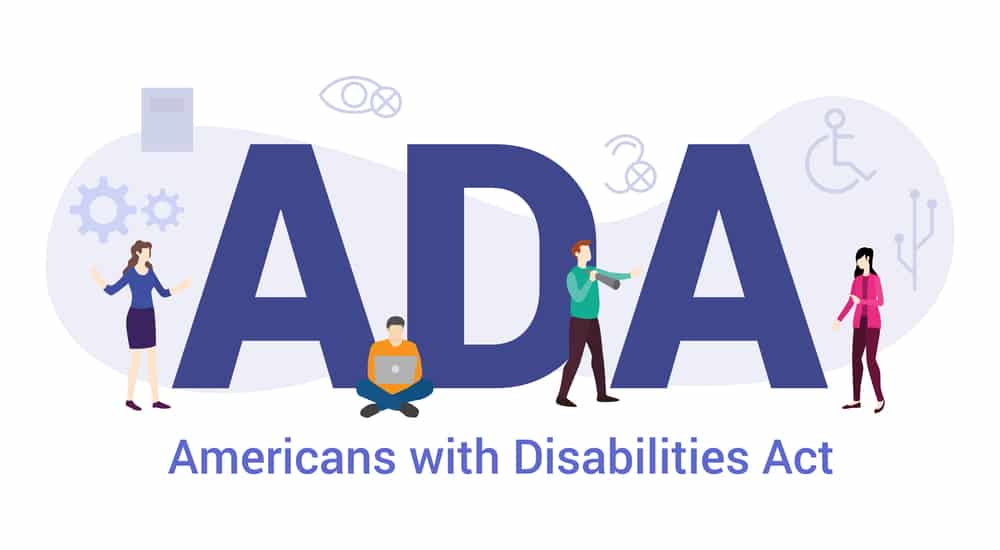The legal profession is one of the most highly respected institutions. This is why there’s an expectation among lawyers to represent their clients with honesty, integrity, and competence. At the same time, they’re expected to uphold the profession’s ethical standards.
However, legal practice is also a business. Lawyers must balance their professional obligations with the business interests of their firms.
The Importance of Ethics in Legal Practice
The legal profession is founded on ethical principles. Accordingly, lawyers must uphold the highest honesty, integrity, and professionalism standards. It ensures the justice system does its functions well. Lawyers play a massive role in protecting the rights of individuals and organizations and maintaining the rule of law.
However, ethical lapses do occur in legal practice. Minor breaches can happen—like failure to disclose a potential conflict of interest. It could also be more serious, such as engaging in fraudulent or unethical behavior.
The legal industry has no standard set of rules except for California. So most would depend on the ethics regulations of the American Bar Association’s (ABA) Model Rules for disciplinary action.
The Challenges of Balancing Professional Obligations and Business Interests
Lawyers face a range of ethical challenges when balancing their professional obligations with the business interests of their firms. These challenges can include the following:
Conflict of interest
Attorneys must put their client’s needs ahead of personal or financial considerations that might contradict their ethical commitments.
In these circumstances, attorneys must take precautions to prevent any appearance of improper behavior and inform their clients of any potential conflicts of interest.
This preserves the legal community’s integrity and the general public’s confidence in the justice system.
Client confidentiality
Lawyers must ensure the confidentiality of all information provided to them by their clients. However, it’s common for lawyers to encounter situations where they must disclose client information to third parties. This may include conditions in response to a court order or during discovery.
Lawyers must navigate these scenarios carefully and balance their duty to maintain client confidentiality with their legal obligations.
Billing practices
Lawyers must ensure their billing practices are fair, reasonable, and transparent. They must not overcharge clients or engage in unethical billing practices, such as “churning” or excessive billing for unnecessary work.
Marketing and advertising
Lawyers must ensure that their advertising and marketing practices are truthful, accurate, and not misleading. They must not make false or deceptive claims about their expertise or experience. For example, mass tort marketing must inform clients of their qualifications for a class action lawsuit. It shouldn’t make unfounded promises of compensation.
Professional competence
Lawyers are expected to maintain high professional competence as a core component of their job.
To fulfill this commitment, they must continuously improve their knowledge and abilities through appropriate training and self-education about changes in their fields of expertise.
This includes keeping abreast of legal developments affecting their customers’ cases.
Maintaining Professional Integrity: Best Practices for Lawyers
The legal profession’s complicated and demanding nature necessitates practitioners to strike a compromise. They must weigh their ethical commitments against the financial interests of their companies.
Legal practice inevitably involves ethical dilemmas, and attorneys must uphold their moral standards. Ultimately, supporting the rule of law and preserving the public’s confidence in the judicial system depends on lawyers acting ethically.



